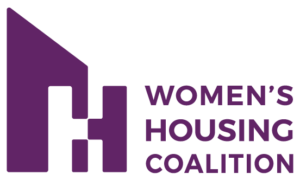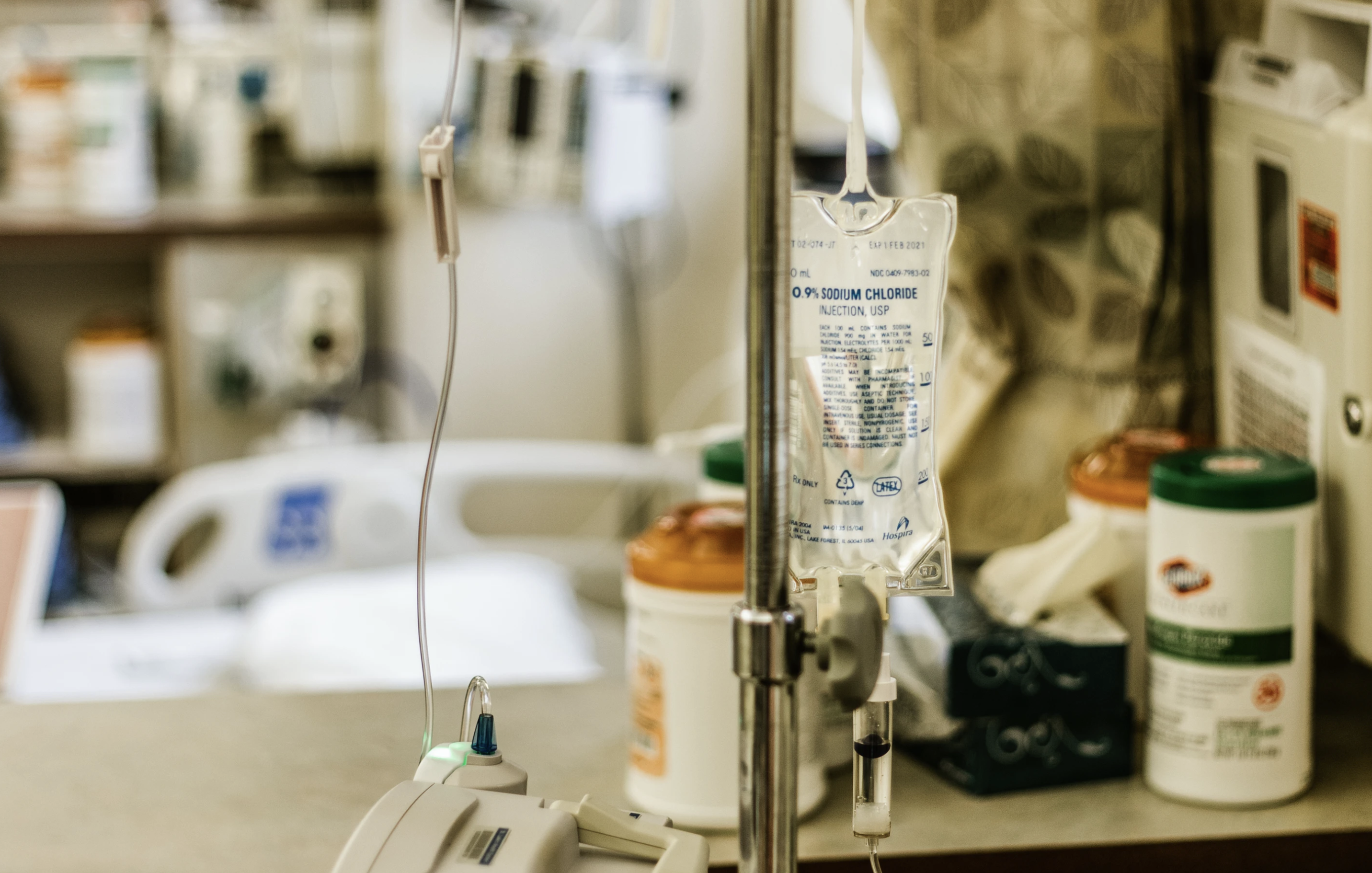To combat the spread of COVID-19, physical distancing measures are being instituted around the world. For the homeless population, orders to stay home are impossible to meet. For those experiencing homelessness and insecure housing, safety measures are not only out of reach, but they’re also not an option. People experiencing homelessness during the pandemic, including individuals and families, are paying an especially high price.
With social services stretched thin and businesses shuttering, rather than keeping people away from shelters, the virus has driven many in as they search for support. Globalcitizen.org explains the problem saying, “Once there, they’re met with perfect conditions for the rapid spread of the coronavirus: overcrowded and sometimes unsanitary conditions, surrounded by others who have come in contact with hundreds of people prior to entry, with the added risk of pre-existing conditions.”
While total prevention is impossible, major cities around the world are scrambling to lower the risk of widespread outbreaks and preventable deaths. Low income and homeless people, who are already high-risk due to limited health care, are now also faced with a lack of funding, medical resources, and staff to care for those who become sick.
One of their biggest challenges is not being able to adhere to the recommended 14-day isolation period. With nowhere to isolate with mild symptoms or having a place to stay after leaving the hospital. This vulnerable population is putting themselves in danger and increasing the risk to others.
Some doctors are trying to combat this by admitting patients who have manageable symptoms they would usually send home, but they fear the impact it will have on their staff and resources. A San Francisco doctor tells STAT, “I’m not someone who says that I won’t admit people to the hospital who have nowhere to go. The issue is that we are using up things that we are going to be facing shortages of,” such as hospital beds, personal protective equipment, and health care workers.
COVID-19 is shining a light on the ongoing issues cities face with caring for their homeless and poverty-stricken citizens. It is even more important than ever to support organizations like the Women’s Housing Coalition as we continue our fight to end homelessness and provide stability for families and individuals.

